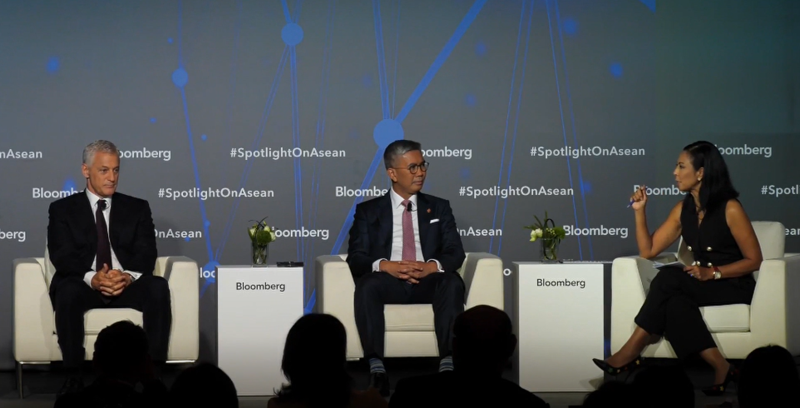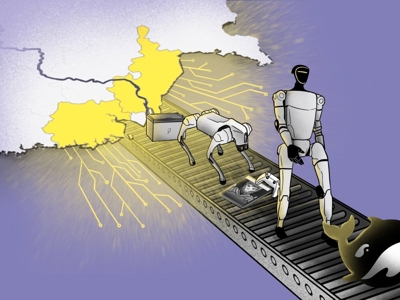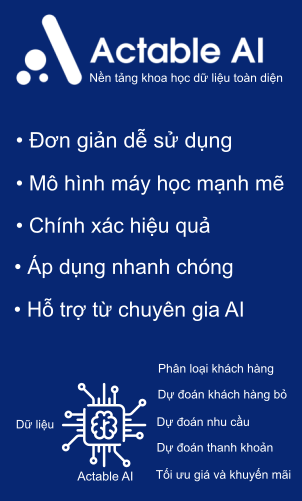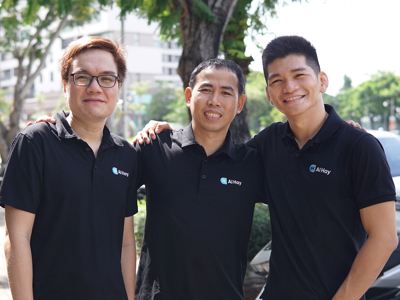ASEAN set for strong recovery
The ASEAN region is considered to have many practical ways to overcome the challenges and significant potential for strong growth.

Despite facing many challenges from Covid-19 and fluctuations in the global economy, the ASEAN region is believed to be capable of a strong recovery and has the potential to develop in the immediate future, observers told the “Recovery and Resilience: Spotlight on ASEAN Business” seminar on September 12.
Like others around the world, ASEAN countries are currently suffering from the consequences of the pandemic as well as the effects of the Russia - Ukraine conflict, such as high prices for gasoline and other commodities. Concerns over high inflation are also having an impact. The region’s economy, however, is still considered to be heading towards a strong recovery and has many possible breakthroughs.
“Generally, the post-pandemic recovery of the ASEAN region is on track,” said Mr. Bill Winters, Group CEO of Standard Chartered Bank. The bank has forecast that Vietnam’s economic growth this year will come in at 6.7 per cent.
The World Bank and Standard Chartered Bank continue to focus on investing in business in this region, with a view that the medium to long term is positive. “The ASEAN region has a strong public partnership that I think could set a new model for development, thereby making ASEAN become a global hub for sustainable finance,” Mr. Winters said.
Governments of ASEAN countries are doing their best to lead amid rising global inflation as well as overcoming a host of obstacles. “The Indonesian Government, as well as the Central Bank of Indonesia, are working very closely to support the country to overcome the obstacles caused by inflation,” said Ms. Sri Mulyani Indrawati, Indonesian Minister of Finance. “We are also working on monetary policies and are going to use those policies in the most appropriate way.”
A focus on the circular economy is also being promoted in the ASEAN region as a way to attract more FDI. The implementation of ESG (Environment, Social, Governance) strategies by businesses in the region is considered one of the top priorities in moving towards a circular economy.
According to Ms. Deborah Elms, Founder and Executive Director of the Asian Trade Centre and President of the Asia Business Trade Association, the promotion of the digital economy as well as digital transition is now being strongly promoted in ASEAN, as regional governments have appropriate policies to support businesses in this regard. “Governments in the ASEAN region have done a really good job in supporting digital transformation,” she said. “In particular, a lot of action has been taken to help small and medium-sized enterprises go digital.”
In order for the ASEAN region to grow stronger in the future and make full use of the available potential of the digital economy, Ms. Elms noted that it needs to implement more projects that integrate artificial intelligence (AI) or projects that apply high-technology in the years to come.
“In 2023, which is already next year, ASEAN could definitely promote the digital economy and there are ways that businesses could push ASEAN to deliver the digital transition,” she said. “This is because businesses in ASEAN have a lot of enthusiasm and potential that can be utilized. The key is that ASEAN needs to figure out what is to be focused on.”
Similarly, Ms. Ng Lai Yee, Singapore Managing Partner and Country Leader at IBM Consulting, said it is really important for leaders in the ASEAN region to embrace the right mindset in order to attract talent to develop in the digital sector, and ASEAN countries must work together to embrace that in order to develop. “ASEAN at the moment is putting digital as the top priority, and that is a fantastic thing that should be strongly developed in the near future,” she emphasized.



















